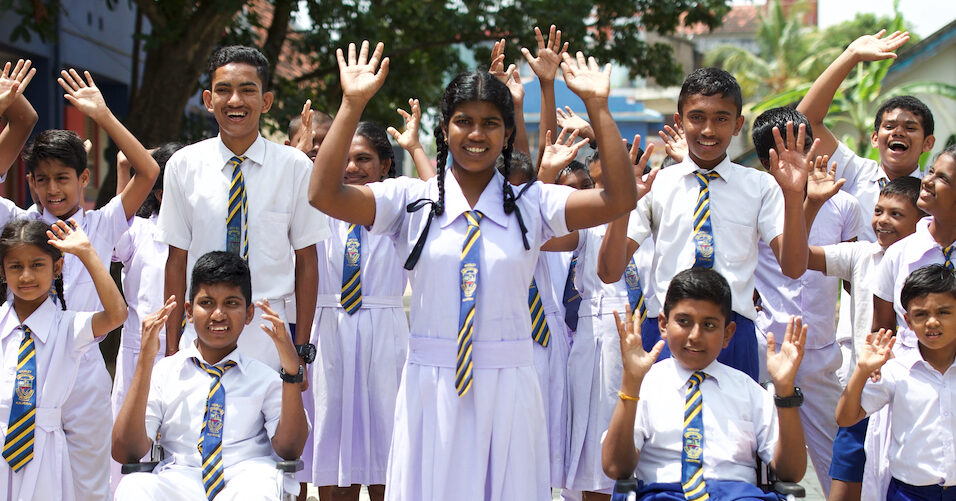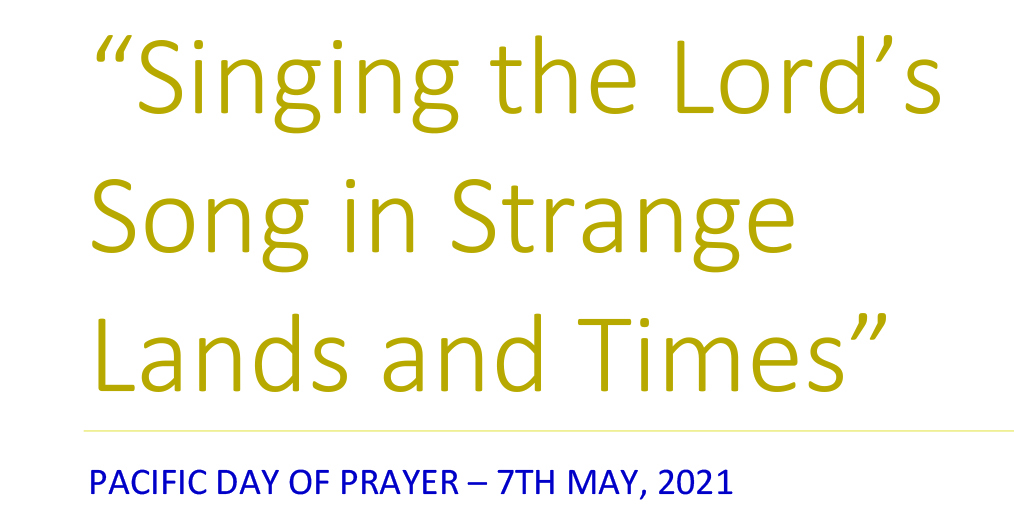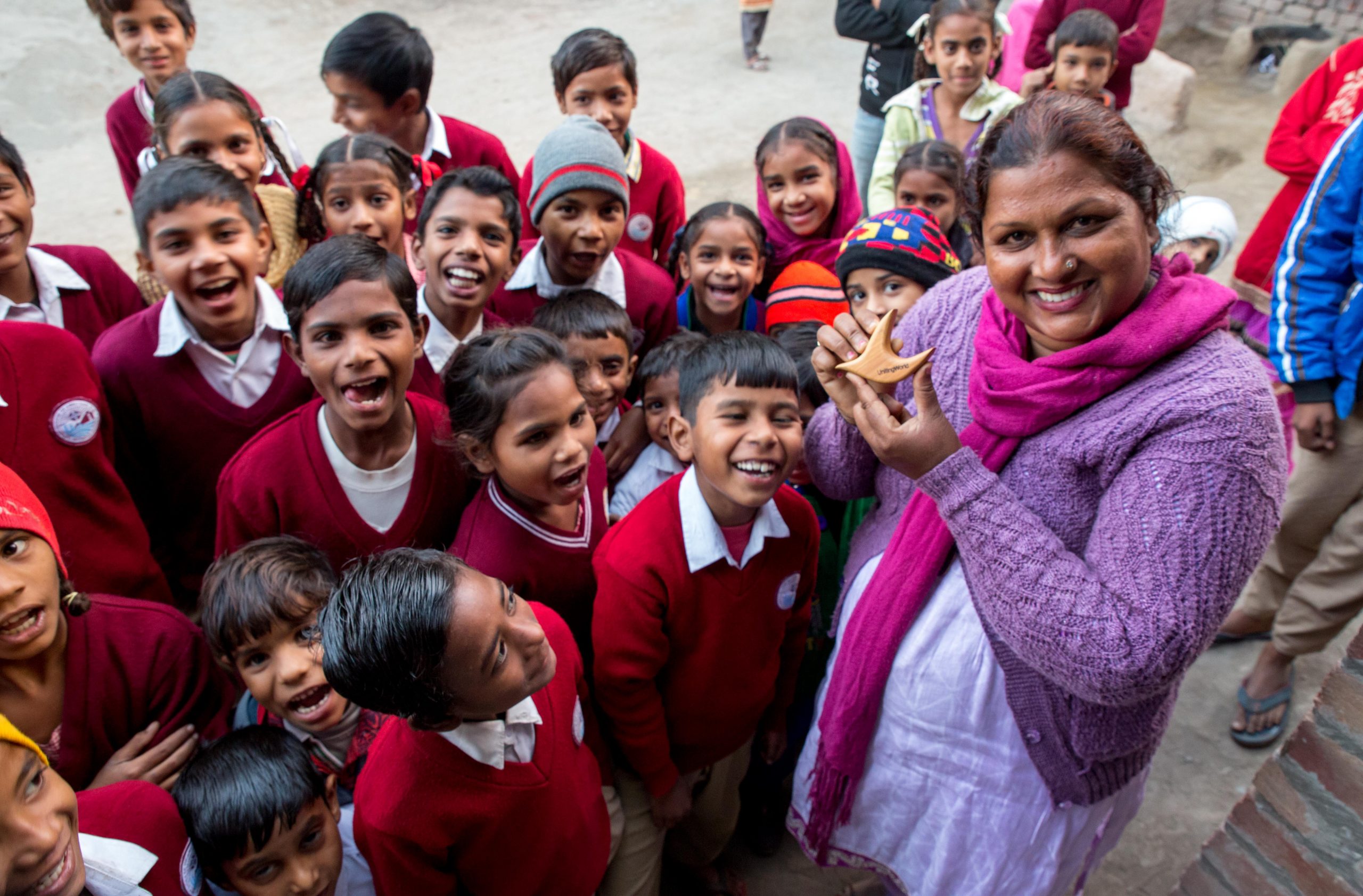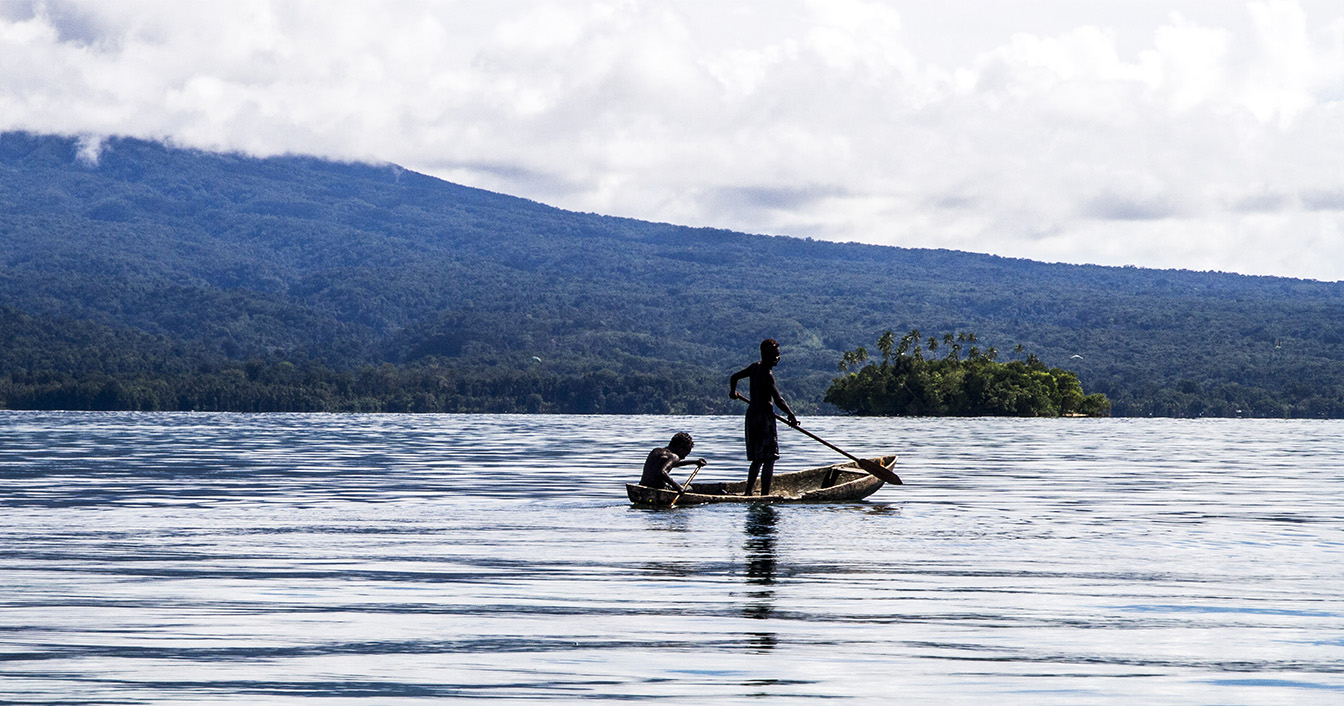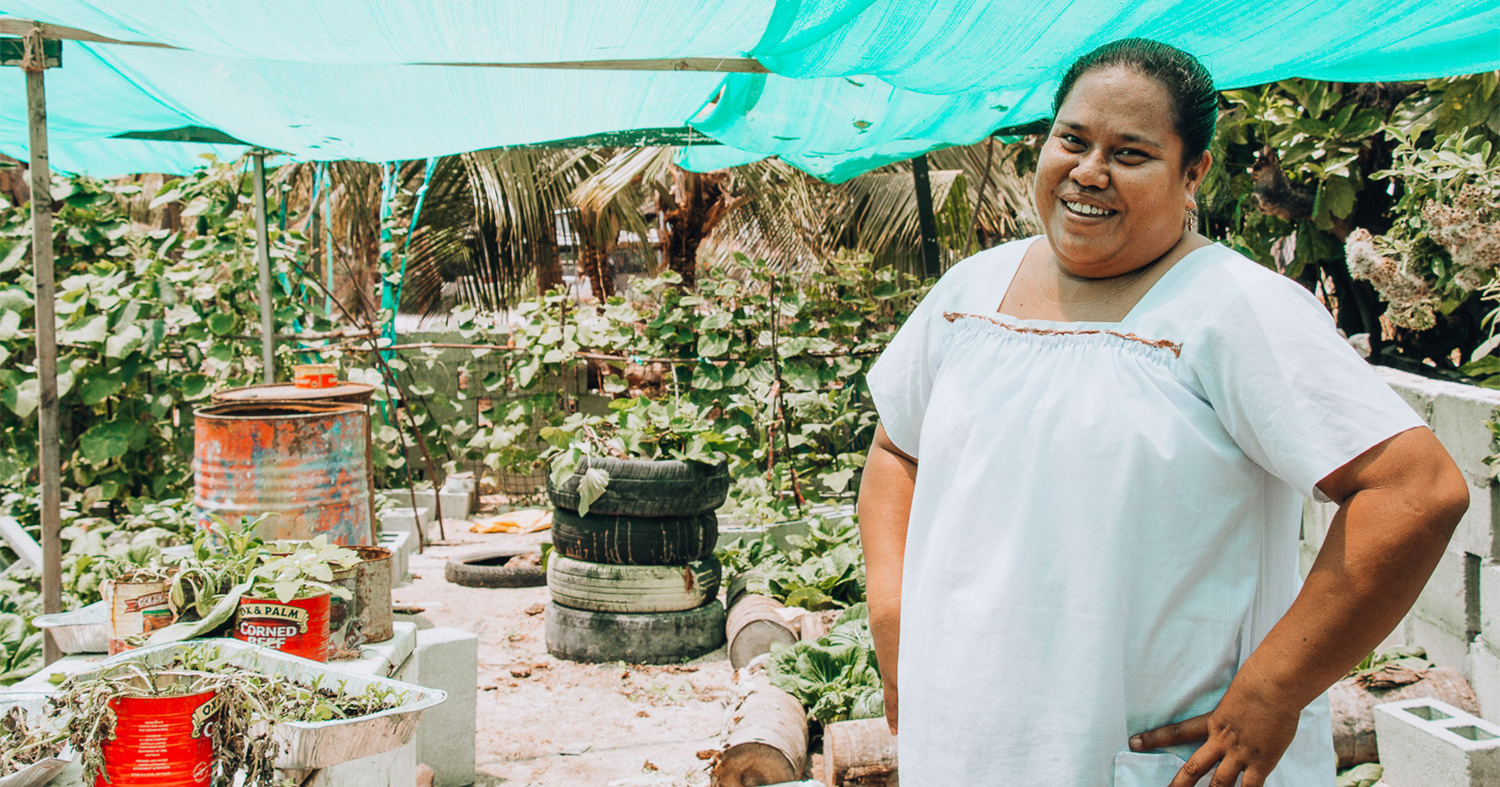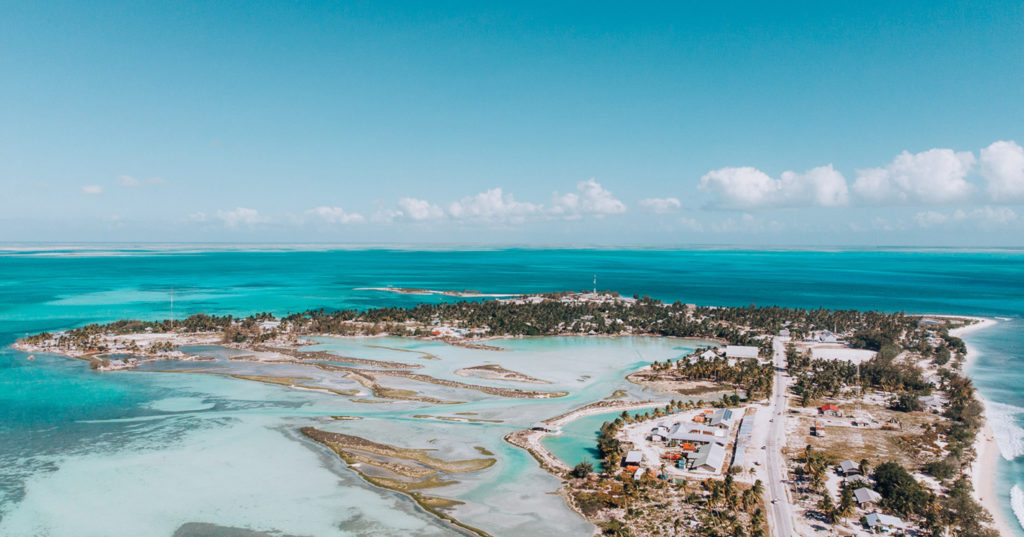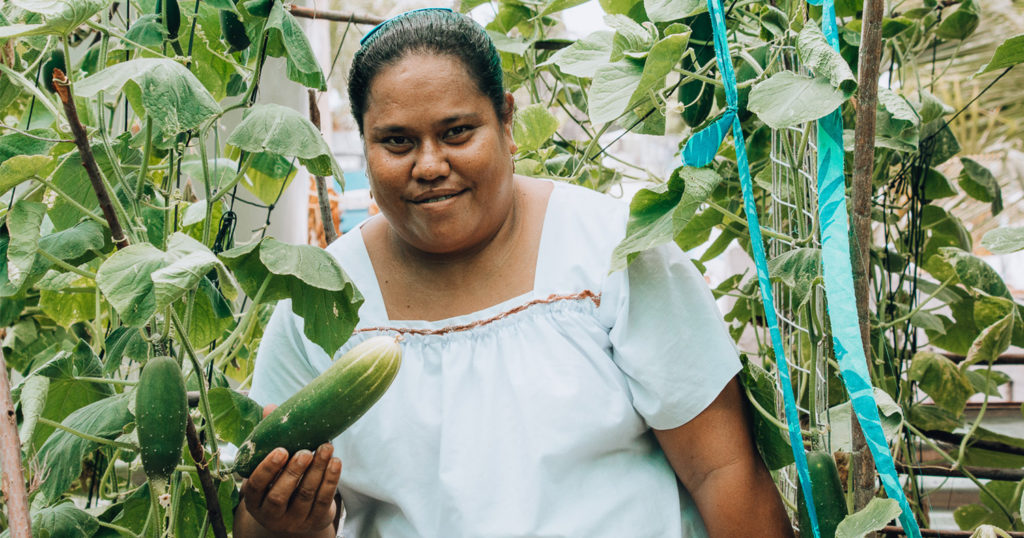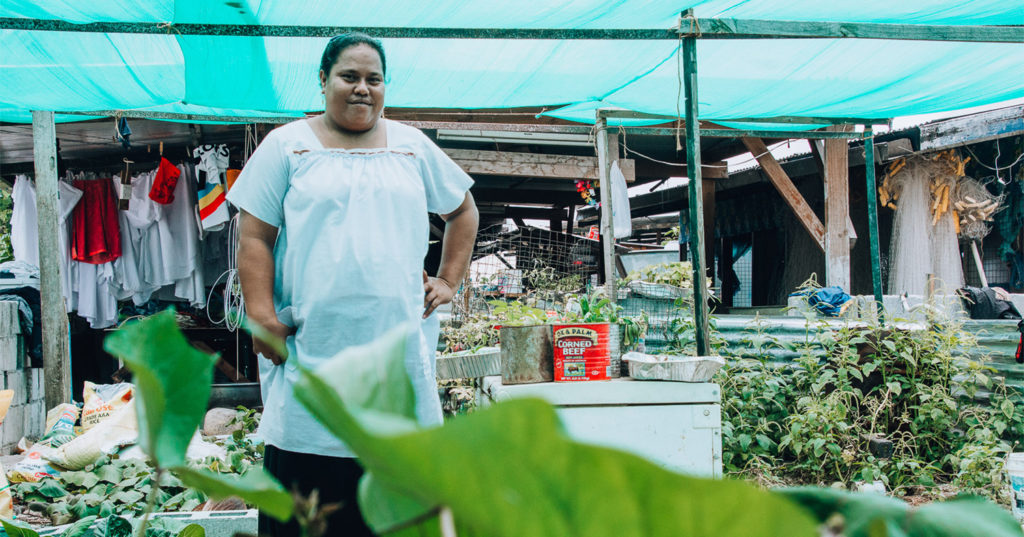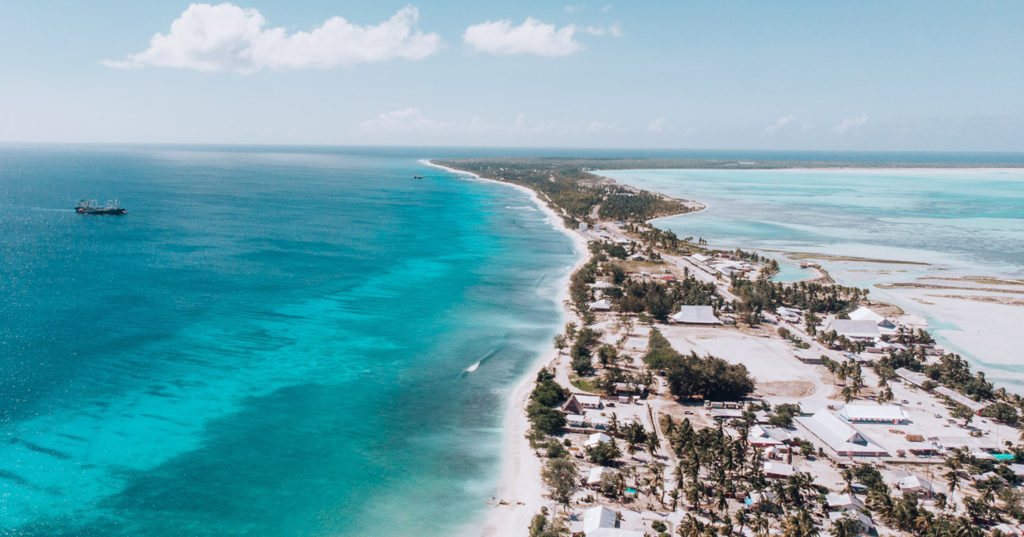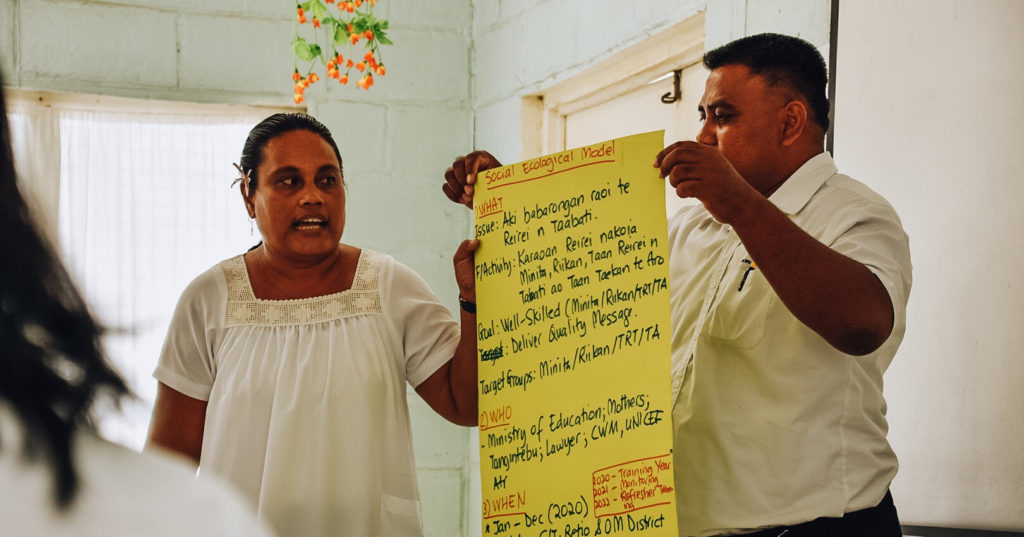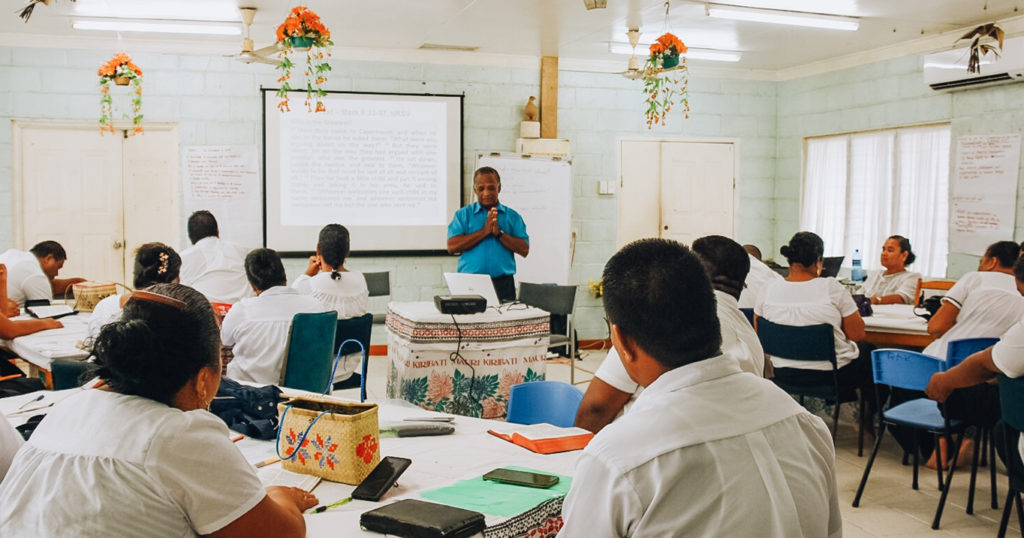A letter from Maluku
|
Reverend Jeny Mahupale is the Project Manager of the livelihoods and peacebuilding project we support in partnership with the Protestant Church of Maluku (GPM). She wrote this letter to partners in Australia about her team’s work to help families across six villages be able to start their own gardens and build local food security. |
Dear friends,
Greetings from beautiful Maluku!
We often tell each other here that Maluku is filled with the ‘grace of God’. There is an abundance of beauty and natural resources, people are kind and hospitable and have a strong sense of local wisdom.
The main challenges here are poverty and malnutrition among families, as well as the effects of conflict, COVID-19 and recent earthquakes. And here in the east, Maluku and Papua have always been overlooked from the rest of Indonesia and suffer unequal development.
So, the church has a big role to play.
Before we started kitchen gardens in the community, the Protestant Church of Maluku (GPM) built our own to show people what was possible. So many of them have come to learn!
We started our garden by improving a vacant area that used to be landfill and, just a few months later, we now have sixteen garden beds filled with water spinach, kale, pumpkin and other vegetables on the way.
We even sold our organic spinach to a local restaurant!
We quickly realised how great it is for our physical and mental health too: clearing the land, preparing the soil, creating organic fertiliser, planting the seeds, watering. We understood that this work is not just about gardening and food production, it’s about our whole lives.
Through the process we developed better relationships and attention to the soil, the weather, the environment and each other.
We feel like we grow as the garden grows. We want that for the whole community.
UnitingWorld is our only international partner, and I want you all to know that we see you as part of this community, serving here with us.
Thank you for helping us to grow strong as an organisation ourselves. Over the last ten years you’ve helped us to stand on our own two feet and we hope the partnership continues to get stronger and stronger.
Please pray for the people of Maluku and that we at GPM can keep living, keep serving our communities and keep giving life to those who really need it.
We are all praying for you in Australia too.
In peace,
Rev Jeny Mahupale,
Protestant Church of Maluku
P.S. Here’s some of what we’ve been growing and harvesting in the community lately! We’re planting tomatoes this week too.
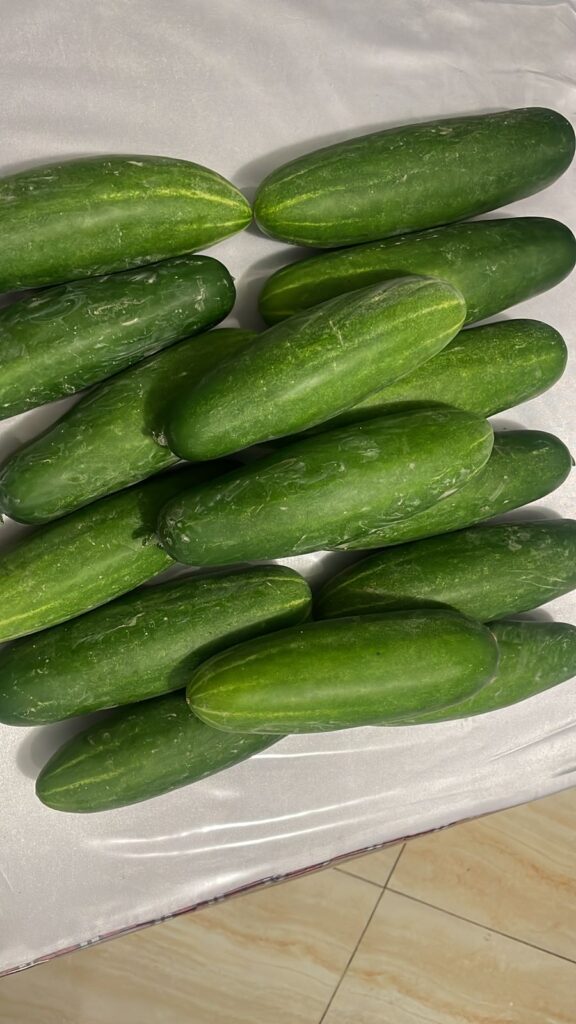
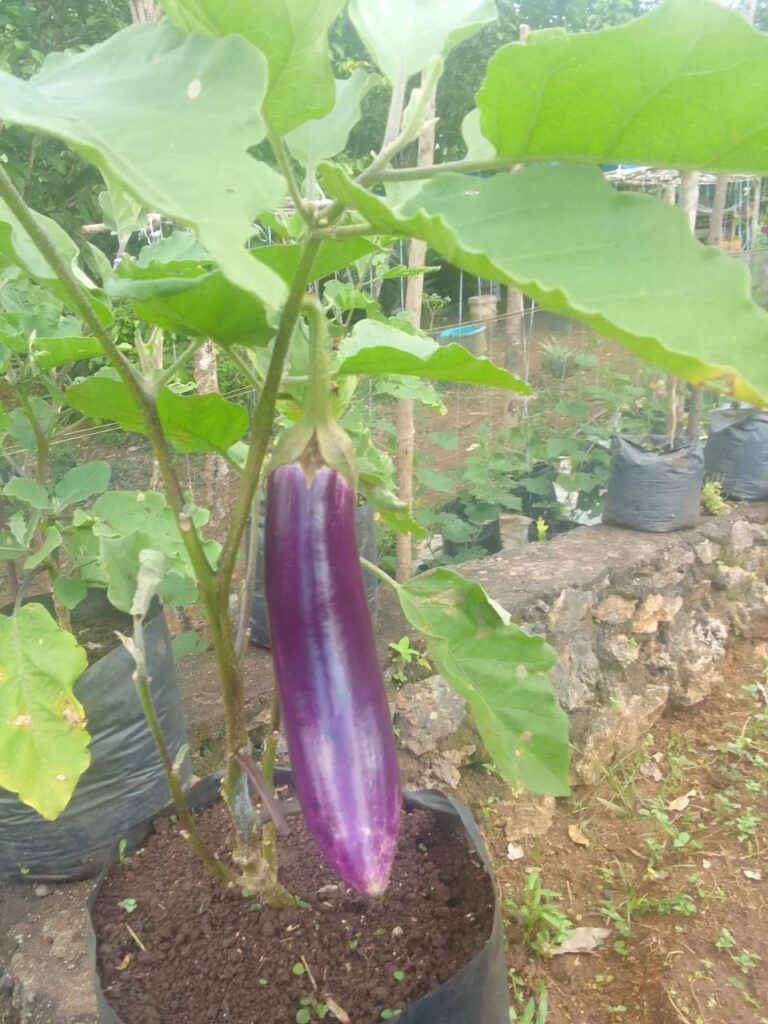
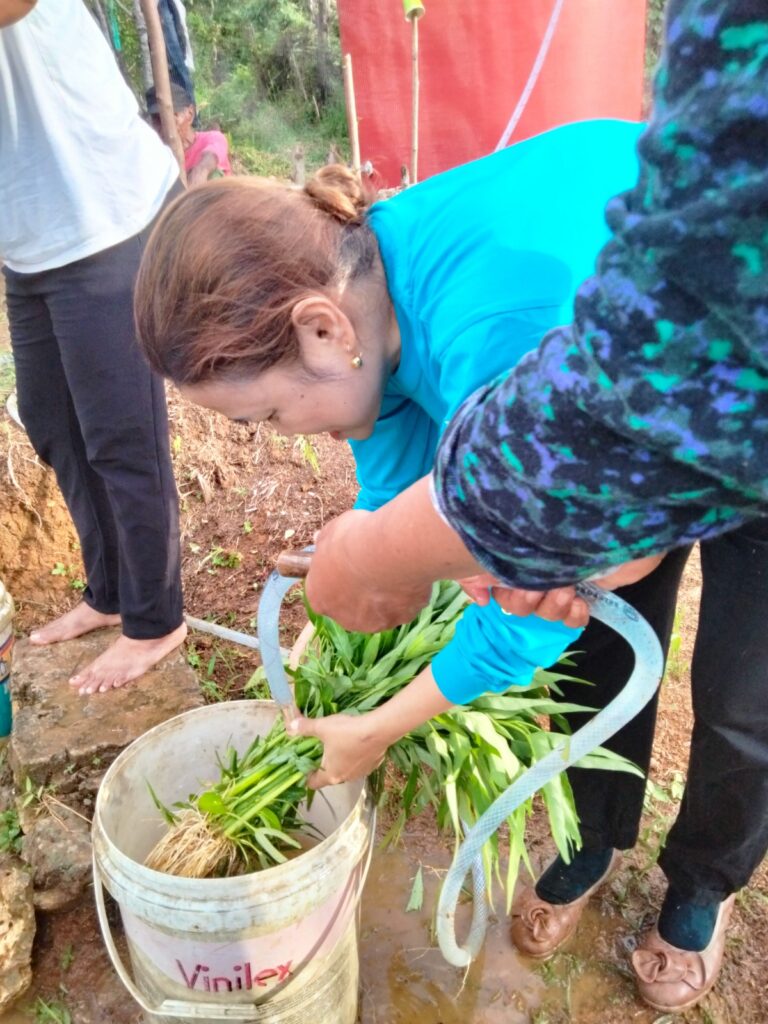
|
Want to help? We’ve launched an appeal to support our partners in Maluku and Timor-Leste to tackle the food crisis and build local food security. |

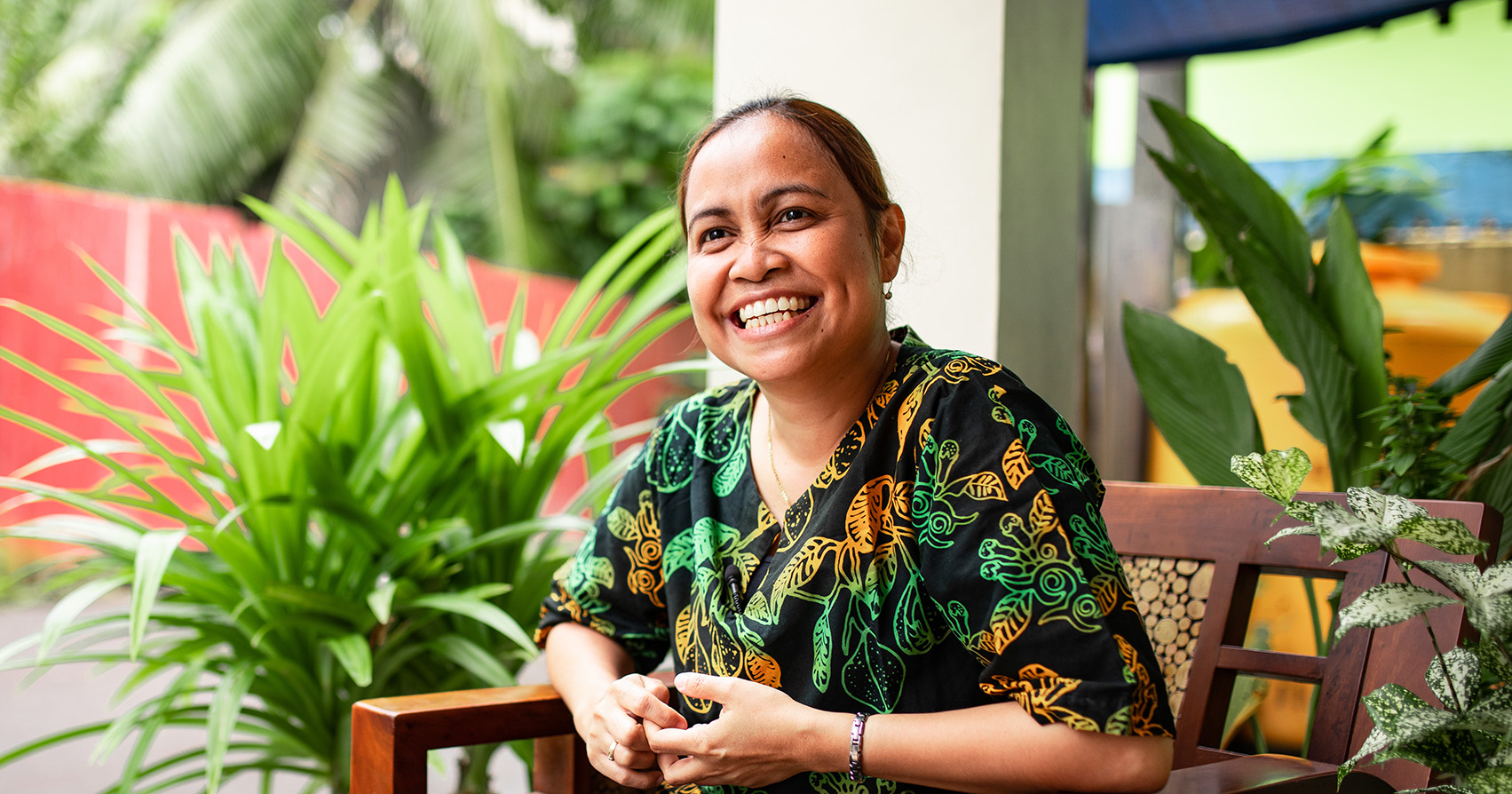
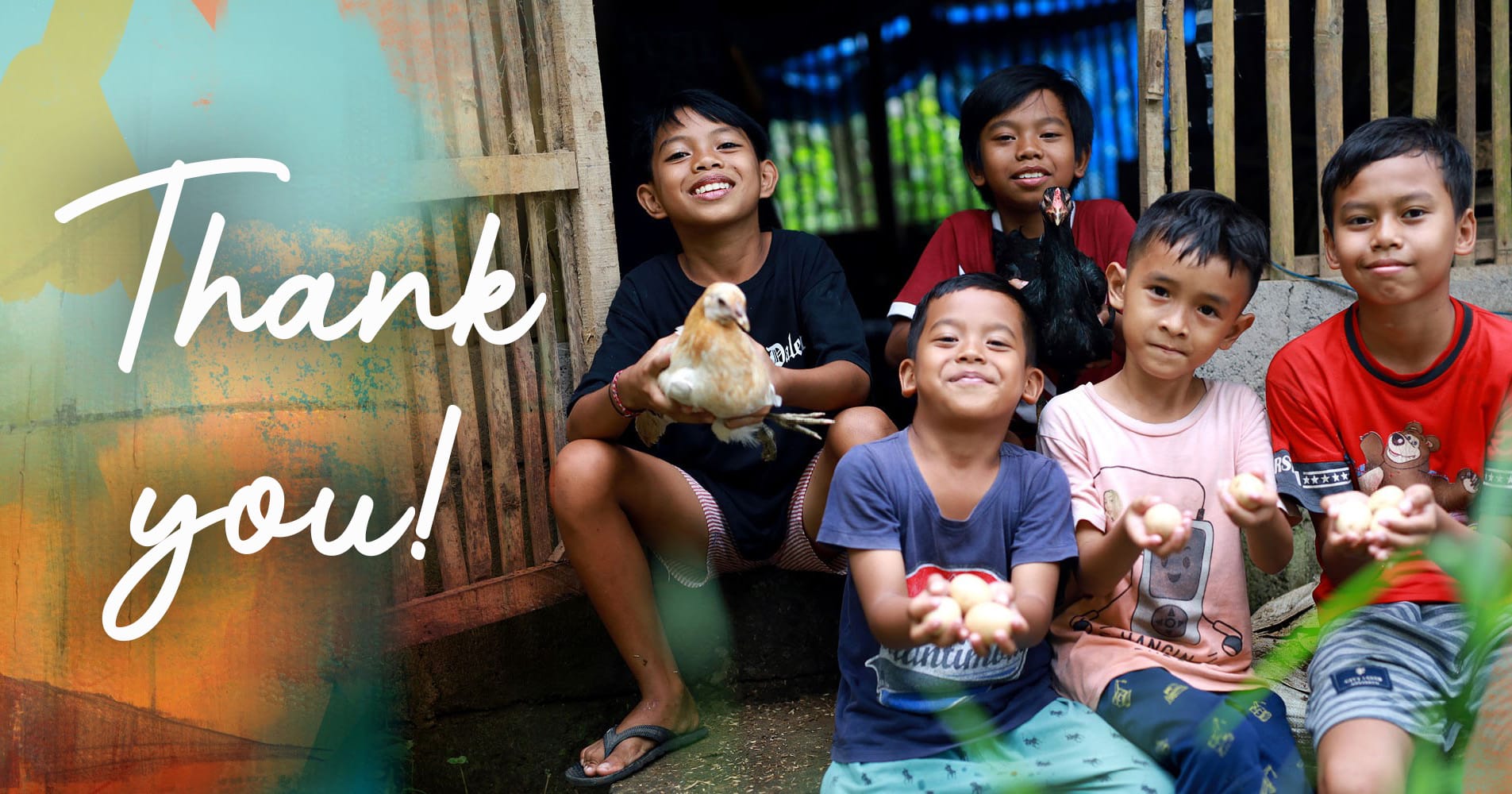
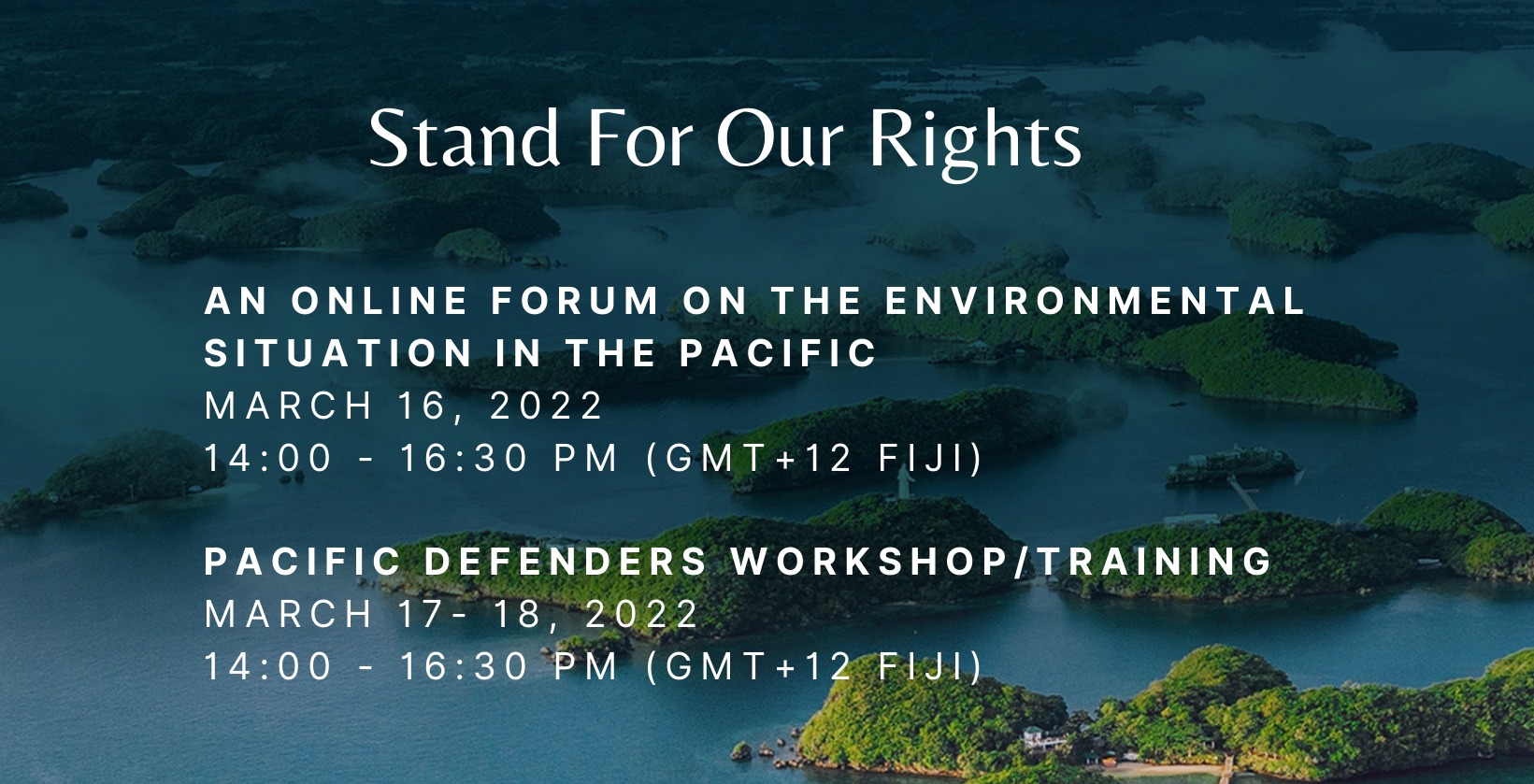
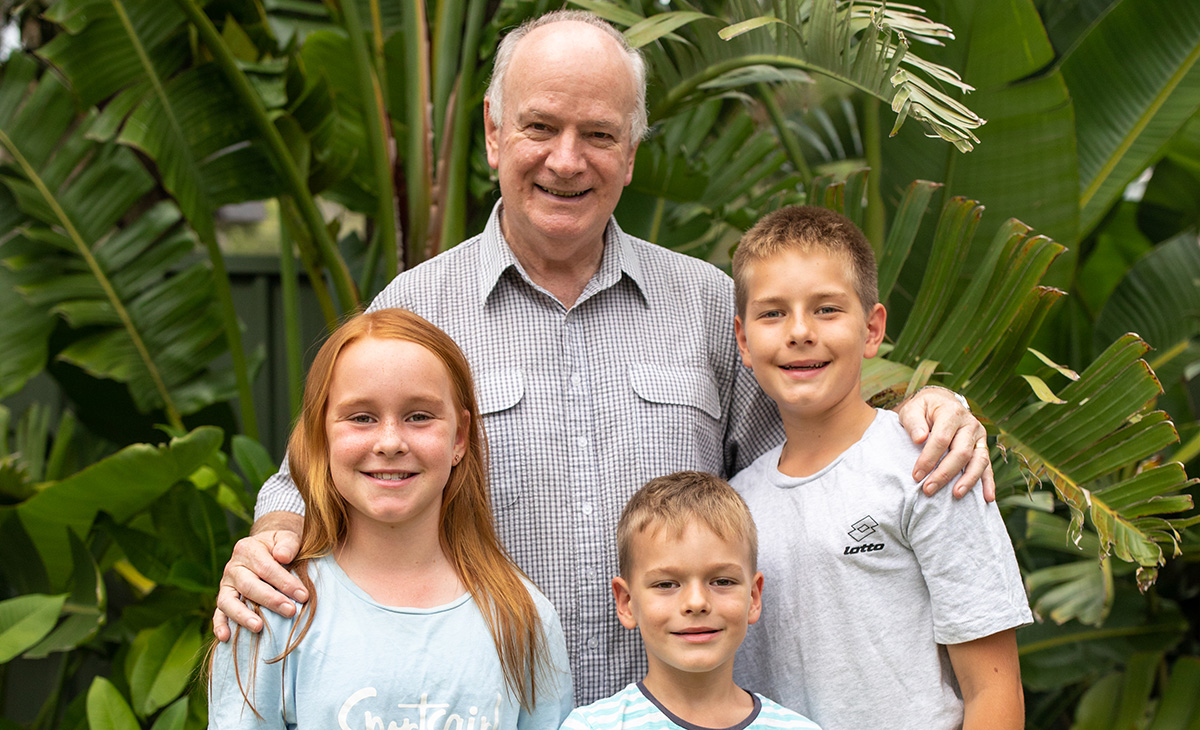
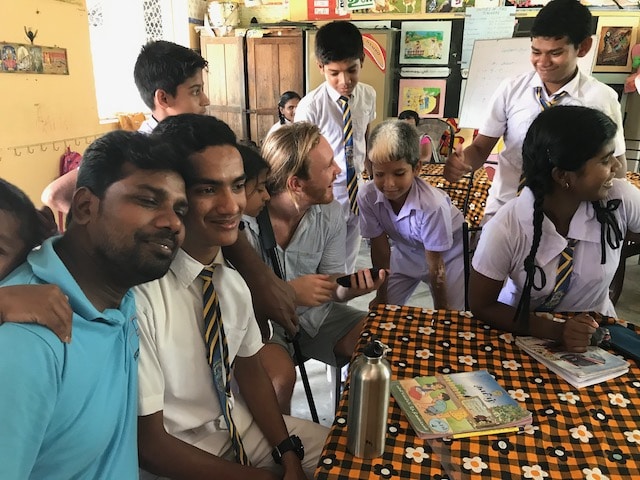
 Gnanarajah’s team took us inside a classroom on the East coast of Sri Lanka where some of the teaching staff and students shared with us the challenges and joys of working together. During lockdown, the staff have created workbooks and online resources for their students, and these materials are being shared by other schools with the support of the Government.
Gnanarajah’s team took us inside a classroom on the East coast of Sri Lanka where some of the teaching staff and students shared with us the challenges and joys of working together. During lockdown, the staff have created workbooks and online resources for their students, and these materials are being shared by other schools with the support of the Government.